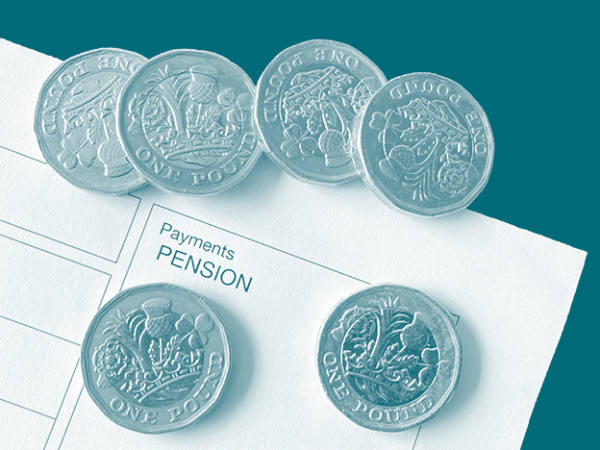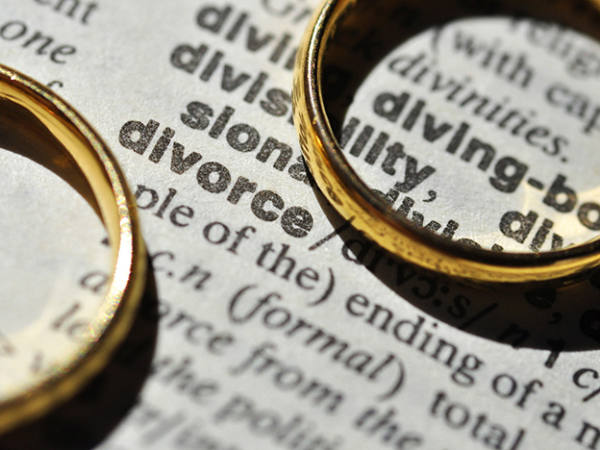My brother-in-law, J, had a substantial personal pension, in drawdown. Before he died, aged under 75, he signed a pension nomination form after ticking a box that made his choice a “direction in writing.” So he did not give the trustees any discretion about who would have his pension after he died. He nominated his wife, S, to get 100 per cent of his pension.
The pension company trustees transferred the benefit of the pension to my sister-in-law S and she continued to draw down benefit. The pension has grown substantially in value since J's death. S has signed a pension nomination form giving the trustees discretion to decide who gets the pension fund when she dies.
J had made a will and he left everything to his wife. As a result of the spousal exemption, there was no inheritance tax (IHT) payable when he died. As everything that J owned at death was jointly owned with his wife, there was no need for probate and hence no need to file any IHT forms. HM Revenue & Customs (HMRC) maintains that because J made a declaration in writing the value of the drawdown pension at death should be part of his estate. On that basis the estate would have been significantly in excess of £325,000.
Assets passed to the surviving spouse on death may well suffer IHT following the second death – effectively the spousal exemption might be considered just a deferral. Normally a drawdown pension would not be considered part of the estate. The current value of the estate, including the drawdown pension, would mean a significant six-figure IHT bill. Would HMRC have any claim on the estate in respect of all or part of her inherited drawdown pension?
RJ
James Jones-Tinsley is Self-Invested Pensions Technical Specialist at Barnett Waddingham LLP
One of the key advantages of accumulating funds within a pension is the potential to keep their value outside an individual’s estate for IHT purposes.
As you rightly identify, the normal way to help facilitate that is for the pension member to complete a Nomination Form, or an Expression of Wishes Form.
This summarises who they would prefer to receive the benefits from their pension fund on their prior death, in the knowledge that it will be the trustees of the pension scheme who will ultimately exercise their discretion in deciding who receives the death benefits.
Crucially, it is the exercising of that discretion, which usually means the benefits pass to the recipients without attracting a charge to IHT.
Your brother-in-law completed a nomination form provided by his pension provider, which frustratingly contained two options; the usual ‘wishes’ option, and a ‘direction in writing’ option.
The latter option is akin to the contents of a will: that is, setting out who I want to receive all or part of my estate on my death, and directing the executor(s) of my will to make it happen.
I personally think it is foolhardy for the provider to include this option on its nomination form. Those without specialist pensions knowledge will not appreciate the significantly different tax implications of each route, unless they seek legal advice, and may feel compelled to complete the latter option, simply because they are completing the form “in writing”.
While the transfer of your brother-in-law’s drawdown fund to his surviving spouse, in addition to his estate, has benefited from the spouse-to-spouse IHT exemption, I can fully appreciate why HMRC state that because a declaration in writing was made, the value of the drawdown pension at death should form part of your bother-in-law’s estate.
In addition, because your brother-in-law sadly died aged under 75, your sister-in-law is unlikely to be paying any income tax on the monies she is receiving from the inherited drawdown fund.
It is difficult to predict whether HMRC might ‘come after’ the drawdown fund on your sister-in-law’s passing. This is particularly the case, as she is allowing the trustees of the pension scheme to decide whether or not they follow her wishes as to who receives the remaining fund.
Preparing now for such an outcome occurring would, however, be sensible. I therefore suggest that your sister-in-law engages with either a regulated financial adviser, and/or a tax practitioner who specialises in estate planning, to ascertain if anything can be put in place now to help to mitigate IHT that may arise in the future.











